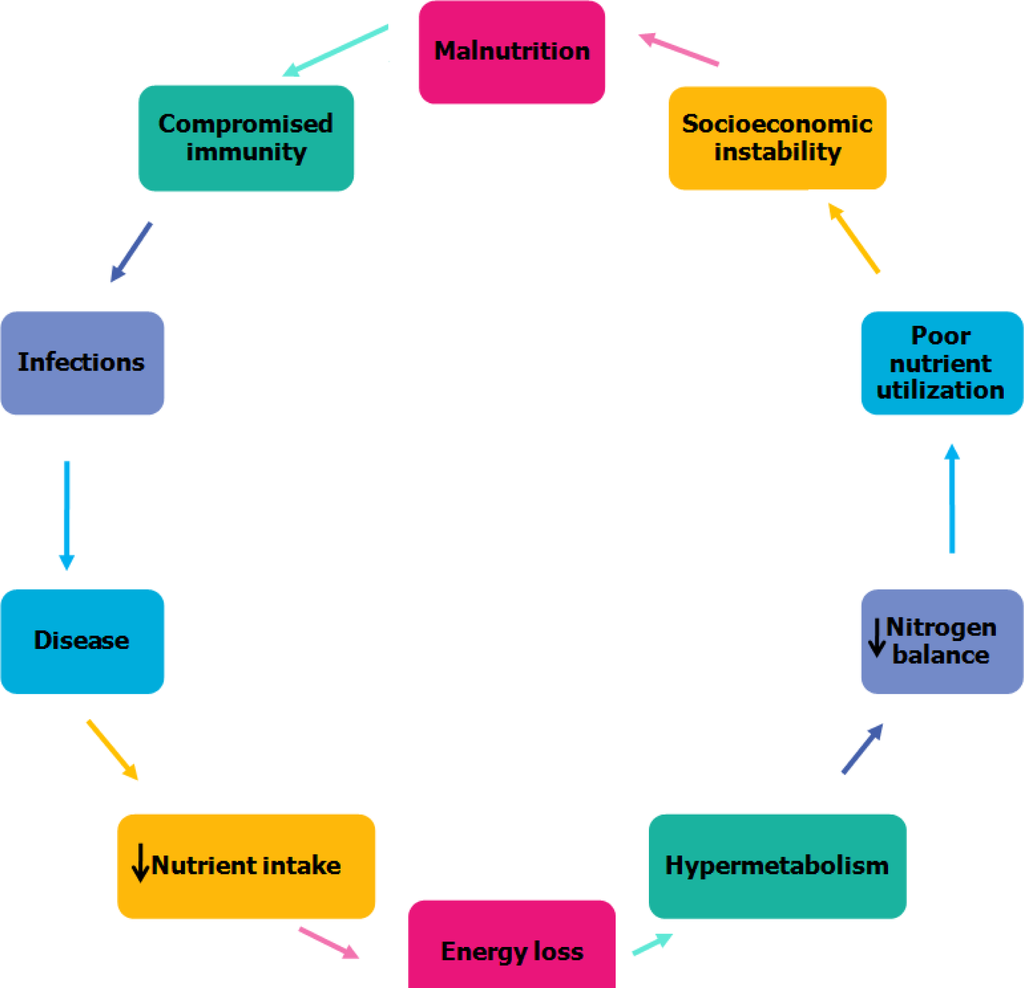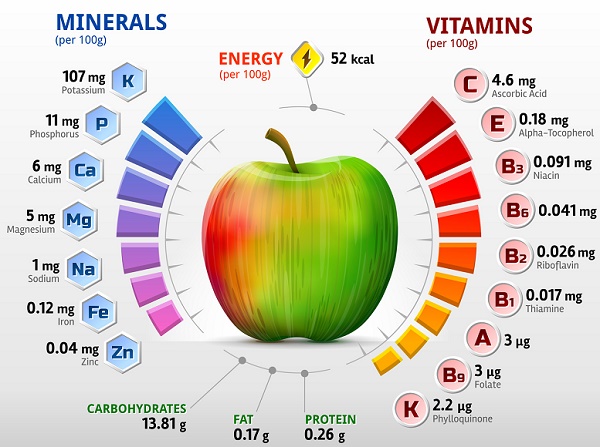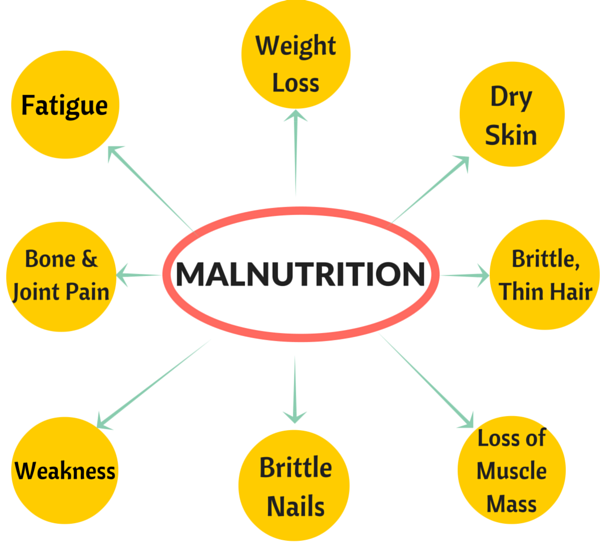Hunger and malnutrition are often used interchangeably. However, starvation is simply one side of the story. Malnutrition is a condition where the body is unable to derive accurate quantity of nutrients from the food intake. And this inaccuracy necessarily does not mean lower than required levels alone; it can also suggest higher than acceptable range.
Malnutrition has been classified under two segments, namely – Under nutrition and Over nutrition.
- Under nutrition: A condition where the body does not receive sufficient amount of nutrients from food.
- Over nutrition: A condition where the body receives excess nutrients from the food intake.
Out of the two, under nutrition is more talked about and prevalent in India and other developing countries. Affluent countries on the other hand, have a large population suffering from over nutrition too.
Indian Medical experts are definitely having a tough time solving this burning issue of hunger, leading to under nutrition. It is a grave misfortune that infants and children constitute a major portion of malnourished India.
There is sufficient reason behind this unfortunate scenario, as Indian females, constituting nearly half the country’s population, remain under nourished by birth and therefore in turn give birth to weak and malnourished children.
However, all is not that bad and continuous attempts made by various groups is evidently bringing about the much needed change and improvement.
Under nutrition is a condition that can be brought under control, if equal division of food supply amongst various strata of society could be achieved. On the other hand, over nutrition requires people to be educated about their diet and the lifestyle as a whole. This condition, unlike the previous one, is not related to unavailability of food supply. There are people who have an abundant supply of food and still suffer from over nutrition, as they are ignorant about essential nutrient constrains related to diet.
Malnutrition is a serious medical condition that can lead to several diseases and related health disorders. Therefore, knowing the causes and preventive measures can help prevent several associated diseases that arise due to poor nourishment.
What causes malnutrition?
Malnutrition is precisely related to the diet we follow. Below mentioned are some of the major causes of malnutrition, which if resolved can prevent it.
Causes of Under nutrition:
As already mentioned, under nutrition is more common with developing countries for obvious reasons as under:
- Inadequate supply of food:
Developing countries are continuously fighting to solve issues related to lower yield of food. They lack efficient food production systems that could produce food in sufficient quantities for the entire population.
- Imbalanced distribution of food:
A scenario very common in India. We have a section of our society where receiving two staple meals each day is a challenging task to accomplish. On the other hand, there are sections where food is abundantly available; so much that it gets wasted very often. Over nutrition is more common with the later section.
- Gender discrimination:
Women require greater nourishment as compared to male counter parts. Ironically, women belonging to middle class families, in less affluent countries such as us; always feed on the remaining quantity of food. They are the last in families to complete their regular meals and therefore eat whatever is left out. This results not only in lesser intake but also poor quality of food. Women when under nourished give birth to weaker children.
- Not enough of breast feeding:
Breast feeding is exceptionally important for healthy growth and development of children. It can prepare the body to fight against many deadly diseases. A child who is not breast fed during infancy, automatically becomes susceptible to many diseases due to weak immune system. Therefore, lack of breast feeding has been considered as one of the major reasons behind poor nourishment.
Breast feeding requires mothers to be in their best health condition. However, as stated above, women nutrition does not receive adequate attention as it needs to given; thus contributing to already existing under nourishment cases.
Causes of Over nutrition:
- Less consumption of essential nutrients:
Over nutrition is a condition that occurs when people have improper eating habits that ultimately bring them no health benefits.
Due to manifold reasons, people are wrongly adopting food habits that do not provide essential nutrients to the body. Youth who count more on satisfying taste buds than nutrient requirement of body are more prone to this condition. 
- Stress and mental trauma:
Stress has become an indispensable part of one’s life. It has been seen that people under mental trauma somehow adopt to eating habits that do not provide healthy nutrients to the body and rather add fat and calories beyond permissible levels. Obesity is an alarming issue related to over nutrition.
- Stomach disorders:
Another factor largely contributing to over nutrition is an under performing digestive system. People may suffer from problems where they are having sufficient intake of food that is meant to deliver healthy nutrition quotient for the body.
- Unhealthy life style:
Our day to day activities lack the mobility quotient. We are always seen seated on our desks while at work. There is a vast section of people that never involve themselves in any kind of physical activity whatsoever. Thus, fat accumulation and lesser metabolic activities result in over nutrition among such people.
Besides, high dependency on alcohol to curb out day’s fatigue is another major contributor to over nutrition. It restricts the body from carrying out regular metabolic activities and thereby lesser nutrient absorption.
Beware! malnutrition could lead to these health disorders:
Below is a list of diseases or ailments related to malnutrition:
- Weakened immune system making the body more susceptible to variety of diseases
- Inactive muscles may lead to pressure ulcers
- May lead to complexities with human reproductive system
- Retards mental health development
- Poor nutrition causes anemia in babies
- Under nutrition make people very susceptible to allergies
- Hypothermia is associated with malnutrition
- Imbalance of specific nutrients leads to various disorders. As for example, excess vitamin D may lead to hardening of arteries
- Excess calcium may lead to formation of stones in kidneys and liver
- More than permissible levels of potassium may cause arrhythmia leading to cardiac disorders and strokes
- Increased levels of manganese in body may show symptoms of Parkinson’s disease
- Very high dose of vitamin C causes diarrhea and other stomach troubles
- Large amount of sodium causes dehydration; especially in babies
- Sudden intake of Vitamin A in large amount causes dizziness and nausea

These were few of the common malnutrition (under nutrition and over nutrition) consequences. There can be many other abnormalities associated with improper absorption of nutrients that come up with mild or alarming symptoms.
What type of malnutrition are you suffering from?
Under nutrition comes up with obvious symptoms. However, over nutrition could be a little tricky to identify. Below listed are symptoms associated with both types of malnutrition and you can have a glance on these:
Symptoms associated with under nutrition:
- Skin becomes thin, dry and cold
- Dry and thinning hair line
- Weakness, Fatigue and irritation
- Joint pain
- Loss of appetite
- Drastic weight loss
- Accumulation of fluid in arms and legs
- Irregular or disappearance of menstrual periods in women
- Undernourishment may leave long term side effects. Poorly nourished babies may have impaired mental growth for a life time.

Symptoms associated with over nutrition:
A visible sign of excess nutrient in body is excess body weight. Besides, as discussed above, over nutrition may lead to a series of health disorders associated with kidney, liver, cardiac etc. Therefore, all of these show up specific symptoms.
Besides, general symptoms such as fatigue and lethargy accompanied with nausea and dizziness do exist.
How to diagnose malnutrition?
Doctors may suggest malnutrition diagnosis if certain abnormalities are persisting for prolonged duration.
- Patients may undergo initial general physical examination
- Tracing Vitamin concentration through Vitamin A test, Vitamin B test, Vitamin C test, Vitamin D test etc.
- Tracing mineral concentration through Iron test and ferritin test etc.
- Complete Blood Count (CBC)
- Total Protein test and Albumin
- Lipid profile tests
- BMI (Body Mass Index) Scores
- Imaging test – MRI, CT Scans and X Rays
These were few of the common diagnostic tests carried out to detect malnutrition and its type. However, related to specific nutrients, there can be other tests that your doctor may prescribe.
This was all about malnutrition and the diseases it can lead to. Malnutrition, although alarming is not something that cannot be controlled. A bit of knowledge and awareness regarding diet and healthy life style that can help people to adopt to wholesome diet is perhaps one of the biggest preventive measures of malnutrition.
Besides, effective solutions to socio economic factors that cause malnutrition can curb out this ailment from our society. Thus a bit of awareness and societal changes can fight malnutrition prevalent in India.
